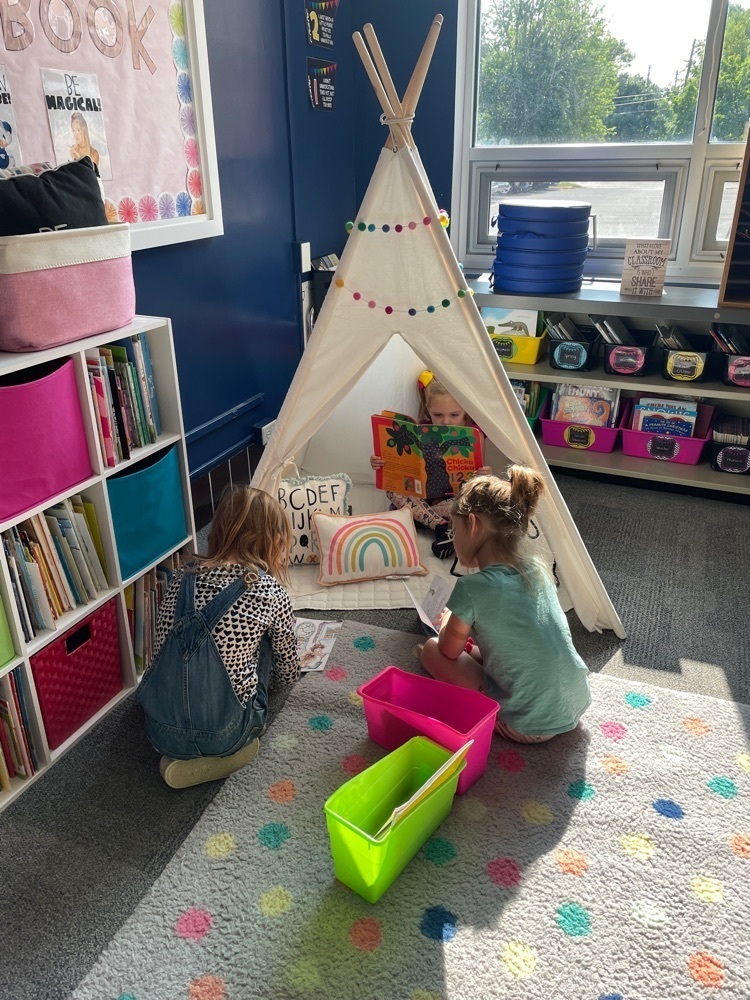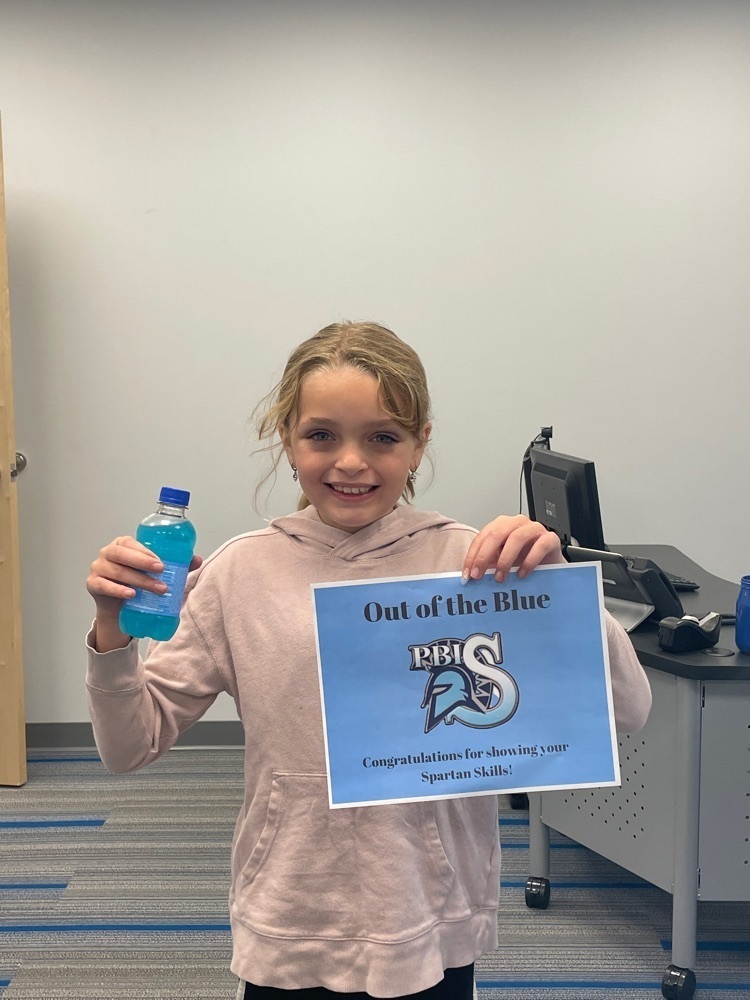Late Night Reminder! Tomorrow is an institute day and therefore students will not be in attendance. Our staff, meanwhile, will be hard at work making Spartan Nation the best possible environment for learning!

The OMS Softball team is off to state. Thank you to Stanford Fire and Police, Danvers Fire and Police, McLean Police, McLean County Police, Minier Police and EMS, and Mt Hope Funks Grove EMS for the escort. Lady Spartans take on Frankfort Hickory Creek today at 10:30 am




Families we need your help to hit our goal! Register and enter at least 20 contacts on your personal donation page for a chance to win this COOL fridge stuffed with cash! #itspossiblewithpop #beawesome #empowerkids #stepitup #makeadifference

Check out the materials coming home with your student today on how you can help our school! Make sure you register and enter 10 or more contacts to get in on the FUN! #itspossiblewithpop #beawesome #empowerkids #stepitup #makeadifference

Step it UP! Is about to launch thanks to our friends at POP! We’re empowering our kids to make a difference at our school. Plus they’ll earn some cool prizes! Are you ready? #itspossiblewithpop #beawesome #empowerkids #stepitup #makeadifference

This is the last weekend to complete our family survery. You still have time! bit.ly/3eWj02G Thank you for your input!
1st grade reading rotations are in full swing at South. Their love for reading and gaining independence is growing every day!



It was an “Out of the Blue” celebration day at South. These kiddos are demonstrating Being Kind, Being Safe and Being Ready to Learn every day. Keep it up South Spartans!




Helping our kids after the pandemic - Free "We are Parents" webinar hosted at Carle in Bloomington, Friday 9/23 See details :https://bit.ly/3d94Hat

If you have any questions regarding the implementation of technology resources at Olympia, check out our Family and Student Technology website at https://www.olympia.org/page/fam-stu-tech. Read up on the student Acceptable Use Policy, learn about student devices, and more!

At Olympia, we want to create a space where our teachers can thrive.
One way we work towards doing this is through our teacher mentoring programs. Our teacher mentors are trained to provide quality support to the new teachers in our district while also encouraging them to develop their unique teacher presence. We are grateful for our amazing group of teacher mentors here at Oly!

Families, please take a few minutes to complete the parent survey for parent engagement topics. We will communicate the top 3 topics and plan events around the results. Thank you for your input! https://forms.gle/of8TaF3D2ZY6BcnS6

Families as school starts back up remember to make attendance a priority!

First graders in Mrs. Gray’s class began talking about doing hard things and the learning pit. When presented with two paths, the firsties unanimously chose the “hard” path. Sawyer said it’s fun to climb, and Stewart said that bumpy is fun! As a class, we talked about how our learning can be bumpy when things are challenging, but we can continue to climb! We are ready for a fun yet challenging year in first grade!!

Welcoming families back, teachers learning and first day fun! Welcome back Oly South. Looking forward to a great year!!




Olympia's food service staff spent time together preparing for the new school year. Our department is ready to take on the challenges unique to food service. Our goal as always is to provide outstanding service and high quality meals that meet or exceed the latest federal and state requirements. New this year will be plant based lunch entrée options that are available to order by staff and students at the OHSMS and by parents for elementary students. Look for the QR code included on lunch menus. We are also excited to share that we will be able to continue for this year to offer reimbursable breakfast meals free of charge to all Olympia Students. Reimbursable lunch meals will return as charges to family accounts. The application for free and reduce meals may be found on the Olympia Website/Parents/Paper Forms/Food Service.

As the school year approaches, Spartan staff has been hard at work getting ready to welcome back students. This energetic group of educators spent their afternoon preparing to provide each and every student a warm welcome into the new year.

www.bnymca.org/ypals-olympia-elementary-schools
This is the link for the Y-pal program at Olympia South. We do need at least 10 children to run the program. The link has tons of information.
This FRIDAY…

A number of Oly South Spartans were caught showing kindness today at the Kids Muddy Madness for St. Jude’s fundraiser in Morton! Participants raised money for the children’s hospital and were able to participate in a mud run…a lot of fun for a great cause! Way to go Spartans!




